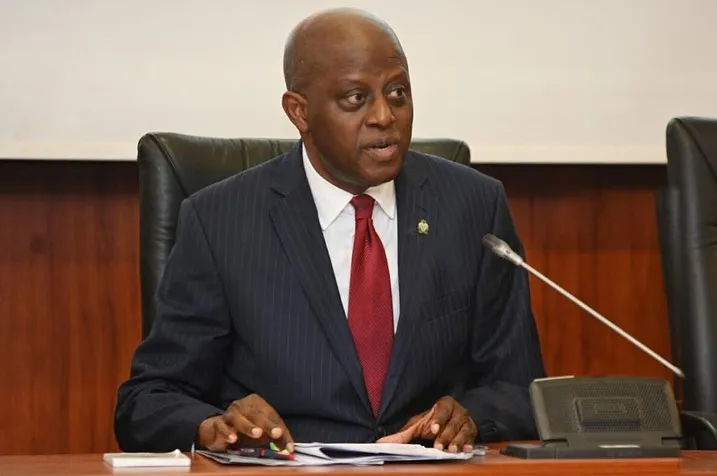The Central Bank of Nigeria (CBN) has maintained the Monetary Policy Rate (MPR) at 27.5%, along with all other key policy parameters, following its 301st Monetary Policy Committee (MPC) meeting held on July 21–22, 2025.
CBN Governor Olayemi Cardoso announced the decision during a press briefing in Abuja on Tuesday, stating that the move aims to sustain ongoing efforts to curb inflation and stabilize prices.
“The decision to hold the MPR at 27.5% was premised on the need to maintain the disinflationary trajectory and ensure continued moderation in price growth,” Cardoso said.
In line with this stance, the MPC also retained the asymmetric corridor at +500/-100 basis points around the MPR. The Cash Reserve Ratio (CRR) for Deposit Money Banks remains at 50%, while the Liquidity Ratio stays at 30%.
Cardoso emphasized the committee’s commitment to addressing both current and emerging inflationary pressures. “Maintaining the current policy stance is crucial to sustaining the momentum toward price stability,” he said.
He also noted that as of July 18, Nigeria’s foreign reserves stood at $40.1 billion, providing approximately 9.5 months of import cover, a reassuring buffer amid global economic uncertainties.
The CBN Governor acknowledged recent positive trends, including a continued decline in headline inflation. “June 2025 marked the third consecutive month of deceleration, largely due to moderating energy prices and a more stable foreign exchange market,” he noted.
However, he cautioned against complacency, pointing to a slight uptick in month-on-month headline inflation, which he said suggests lingering underlying price pressures.
Cardoso further warned that ongoing global risks, including trade tensions and geopolitical instability, could disrupt supply chains and drive up the cost of imported goods.
He reiterated that both monetary and fiscal authorities would continue to work in tandem to bring inflation down to single-digit levels over the medium term.
“The MPC will continue to rigorously assess domestic and global economic conditions to inform future policy decisions,” he concluded.


